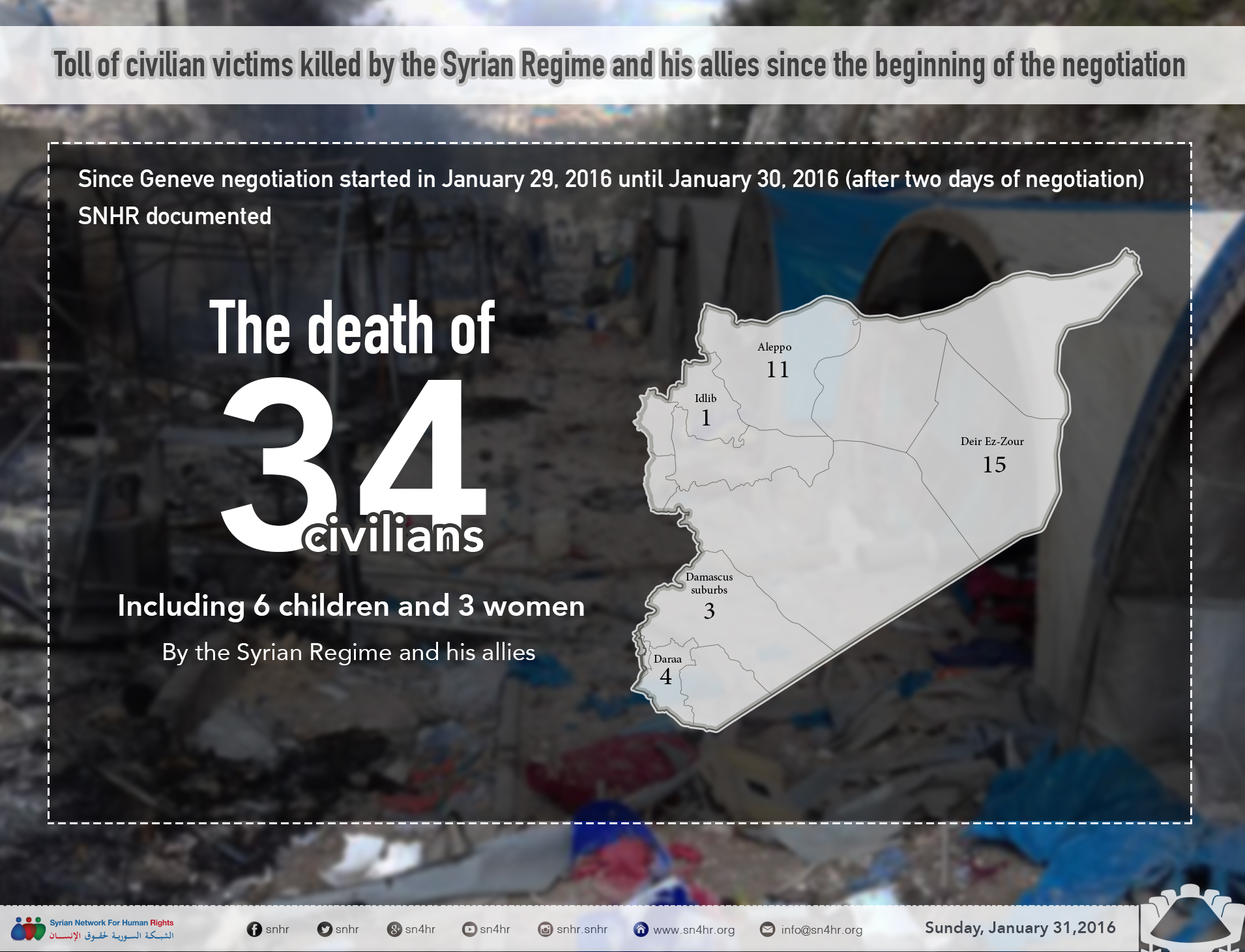SNHR: The death of 34 civilians by the Syrian Regime and his allies since the beginning of the negotiation
Syria Deeply: Peace Talks Kick Off on Shaky Ground in Geneva
|
Eli Rosenbaum Seeks To Have Former Nazi Deported
By Samuel Miller
Impunity Watch Reporter, North America and Oceania
WASHINGTON, D.C., United States of America — For over 35 years, director of Human Rights Enforcement Strategy and Policy Eli Rosenbaum has dedicated his career to prosecuting former Nazis. The human rights office got its start after congressional and public pressure prompted the Justice Department to try to track down former Nazis who had moved to the United States.
Rosenbaum has become the Justice Department’s best-known ‘Nazi Hunter’, assisting the Justice Department pursue 137 cases against suspected Nazis, of which 107 were successful in stripping citizenship or deporting these individuals.
After 35 years of service, Mr. Rosenbaum finds himself with just one active case: Jakiw Palij. Even more peculiar is that the 92 year-old suspected former guard at a Nazi concentration camp will most likely die in the United States, without answering for his alleged crimes against humanity.
Perhaps the most frustrating element for lawyers and researchers such as Rosenbaum working on the cases similar to the case of Jakiw Palij is that under U.S. law, the most that the court allows them to do is to deport former Nazis. Trying them for the actual crimes against humanity is something that has been left for authorities in other countries.
A federal judge ordered Palij deported in 2004, but none of three European countries to which he could be sent would take him. In court filings, Palij denied wrongdoing, claiming that he and other young men in his Polish hometown were coerced into working for the Nazi occupiers.
In the case of Palij, Rosenbaum said to CNN: “What Mr. Palij did prevented other people from reaching old age. He served at the Trawniki SS training and base camp — really a school for mass murder — and he trained on live Jews at the adjacent Trawniki Jewish Labor Camp. And, in the end, everyone who was held there was massacred.”
The atrocities of the Trawniki camp, where Palij worked, aren’t well known in part because the killing was thorough, and kept off official documents. The Trawniki training camp was dismantled in July 1944, due to the advances of the Soviet Red Army.
Though it remains unlikely that Mr. Palij will be deported from the United States, Mr. Rosenbaum remains undeterred to see justice served to those responsible for such a tragic and unforgettable act, stating he believes that he owes it to the victims of the Holocaust to bring every person responsible to justice.
For more information, please see:
CNN — U.S. Nazi hunter has one active case — 27 January 2016
Mercer: Latin America to Reach Gender Workplace Parity by 2025
By Kaitlyn Degnan
Impunity Watch Reporter, South America
LONDON, UK — Mercer’s second annual “When Women Thrive” report has identified Latin America as the only region globally on track to reach gender workplace parity at the professional level by 2025.
According to the report, in Latin America, women account for 17 % of executives today, but current hiring, promotion and retention rates projects that that number will rise to 44% in 2025. Women’s representation at the professional level is 36%, rising to 49% by 2025.

The study also reports that Latin American women are twice as likely as men to be promoted from the senior manager level, and more likely to be promoted from every level.
Worldwide, women hold 28 % of profit and loss roles, breaking down to 47 % in Latin America, followed by 27 % in Asia and 25 % in Australia/New Zealand. Women only represent 22 % of profit and loss roles in the US and Canada and only 17% in Europe.
The study is based on a survey of 583 organizations in 42 countries (representing Europe, Asia, Australia, New Zealand and the Americas), accounting for 3.2 million employees.
Pat Milligan, Mercer’s global leader of the “When Women Thrive” initiative called the under-representation of women in the workplace an “economic and social travesty.” Julia Howes, a Mercer principal involved with the project, said that although there has been focus on women at the top, the main issue is the lack of female talent pipelines.
Women are set to make up 40 % of the professional workforce by 2025. Most regions of the world “won’t even be close to gender equality” within the next 10 years.
For more information, please see:
Forbes – Women: Under Representation is an Economic and Social Travesty – 26 January 2016
Mercer – 2016 Global When Women Thrive Report – 26 January 2016
Irish Times – Latin America Expected to top women at work rankings – 27 January 2016
Reuters – Latin America to top professional working women league by 2025 – Mercer – 27 January 2016
